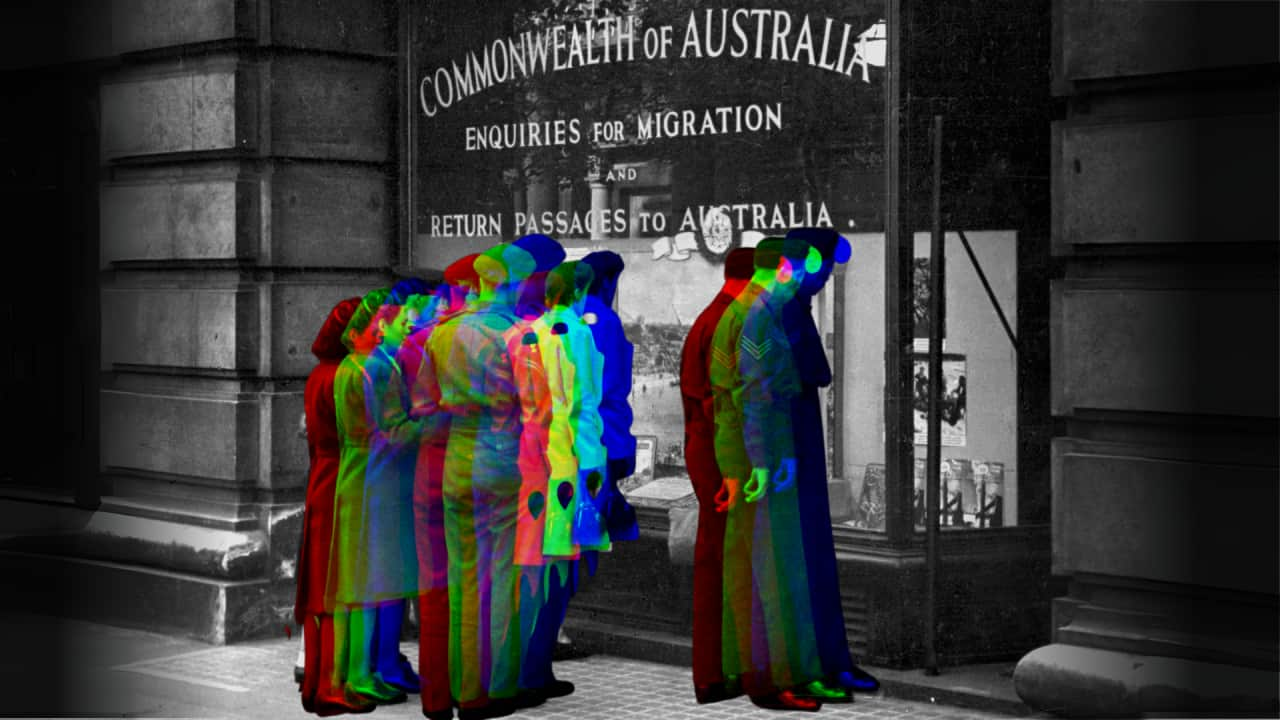Almost half of Australians — 49 per cent — believe immigration levels are too high.
That's according to the Scanlon Foundation's latest report, which measures social cohesion in Australia.
Report author Dr James O'Donnell from the Australian National University said while our attitudes on the impact of migration remain largely positive, this can be negatively influenced in times of economic hardship.
"When people are worried about the economy and when they themselves experience unemployment, financial stress, their attitudes towards migration deteriorate a little bit. They're more likely to say things like migrants increase house prices, or they take away jobs," he said.
But are these beliefs based in fact? And how do they impact migrants and refugees?
This episode of Understanding Hate looks at how misinformation targets migrants, and how we can combat harmful myths.




